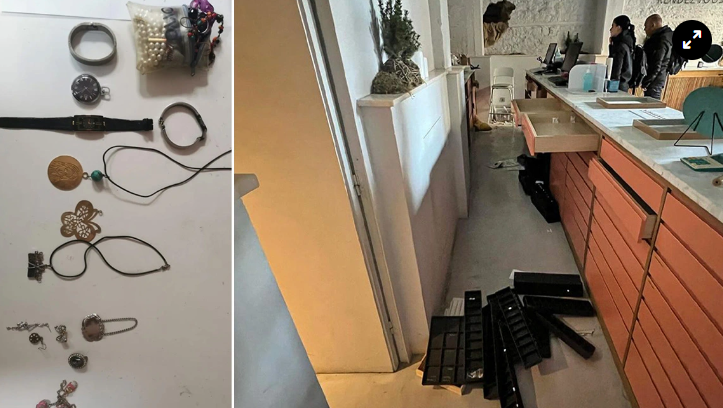The summertime air conditioner ritual followed by complaints that the temperature is unreasonably cold, mainly from women, is a time-honored tradition. Dutch researchers have found a reason for the conflict… It’s because chilly office temperatures are set with the male metabolism in mind. The two Dutch scientists heading the research published their findings in the journal Nature Climate Change that states that most office buildings set temperatures on the decades-old chillier-is-better formula that is gender discriminatory. The study concludes that the buildings should “reduce gender-discriminating bias in thermal comfort” because this could help combat global warming.
Biophysicist Boris Kingma from the Maastricht University Medical Center in the Netherlands, writes: “In a lot of buildings, you see energy consumption is a lot higher because the standard is calibrated for men’s body heat production. If you have a more accurate view of the thermal demand of the people inside, then you can design the building so that you are wasting a lot less energy, and that means the carbon dioxide emission is less.”
Women have a lower need for cooling because their metabolism is slower. The current thermal model overestimates the resting heat production of women by 35%. Furthermore, women’s summer wardrobes are lighter than those of men, many of which wear shirts and ties to the office.
Why the gender bias? Half a century ago, when the thermal comfort model was developed, men dominated the workforce and women – in the United States at least – made up just 29.6%.
These days, men think that women are just nagging when they say that the air conditioning is too cold, but for the planet’s sake it is the men who should “stop complaining” and instead of calling on women to wear extra clothing, they should loosen their ties.



































